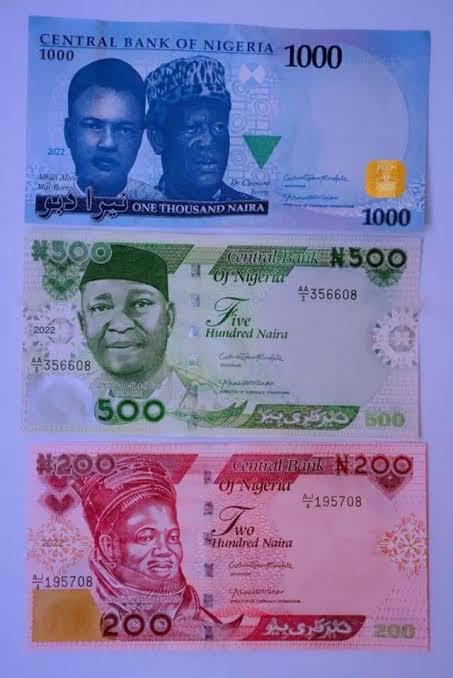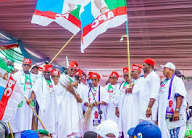Naira Loses Marginally at Parallel Market, Reaching N1621/$1

The Naira has continued its downward trend in the parallel market, with the exchange rate against the United States Dollar reportedly reaching a new low of N1621/$1 today. This represents a further weakening from previous levels and highlights the persistent pressure on the local currency.
This development comes despite recent interventions by the Central Bank of Nigeria (CBN) in the official Nigerian Foreign Exchange Market (NFEM).
Reports indicate that the CBN has injected significant amounts of US dollars into the market in recent weeks to try and stabilize the Naira. For instance, in the first quarter of 2025, the CBN reportedly spent $669 million in foreign exchange interventions. Additionally, just last week, the CBN injected $197.71 million into the market.
However, these interventions appear to have had a limited impact on the parallel market rate, suggesting a strong demand for foreign currency outside of official channels.
The gap between the official NFEM rate and the parallel market rate has also reportedly widened, indicating a divergence in the perceived value of the Naira across different segments of the market.
Several factors are likely contributing to the continued weakness of the Naira; There is sustained demand for foreign exchange from various sources, including importers, foreign portfolio investors, and local corporations. This demand often outstrips the available supply in the official market, pushing individuals and businesses to seek dollars in the parallel market.
Recent global economic developments, such as the introduction of new import tariffs by the United States, have triggered adjustments in emerging markets, including Nigeria.
.
Weakening crude oil prices, a major source of Nigeria’s foreign exchange earnings, also contribute to the pressure.
Nigeria continues to grapple with high inflation rates, which erodes the purchasing power of the Naira and can lead to increased demand for more stable foreign currencies as a store of value.
The country’s significant public debt burden and relatively low government revenues can also weigh on investor confidence and the stability of the Naira.
Central Bank’s Response:
The Central Bank of Nigeria has been actively employing monetary policy tools to address the exchange rate volatility and inflationary pressures.
The Monetary Policy Committee (MPC) of the CBN has raised the key Monetary Policy Rate (MPR) to a record high of 27.5% in March 2025 as part of efforts to curb inflation and stabilize the exchange rate.
As mentioned earlier, the CBN has been intervening in the official market by selling US dollars to authorized dealers to boost liquidity and moderate the exchange rate.
Introduction of the FX Code: In January 2025, the CBN launched the Nigerian Foreign Exchange (FX) Code to promote ethical practices, transparency, and accountability in the foreign exchange market.
Analysts anticipate that the Naira may remain under pressure in the near term due to continued demand and global economic uncertainties. The effectiveness of the CBN’s interventions and other policy measures in stabilizing the currency will be closely watched. Some experts believe that a sustained increase in oil production to meet Nigeria’s OPEC+ quota and improved foreign investment inflows could provide support for the Naira.
The continued weakening of the Naira in the parallel market has implications for businesses and individuals, potentially leading to higher import costs, increased inflation, and a further strain on the cost of living.









